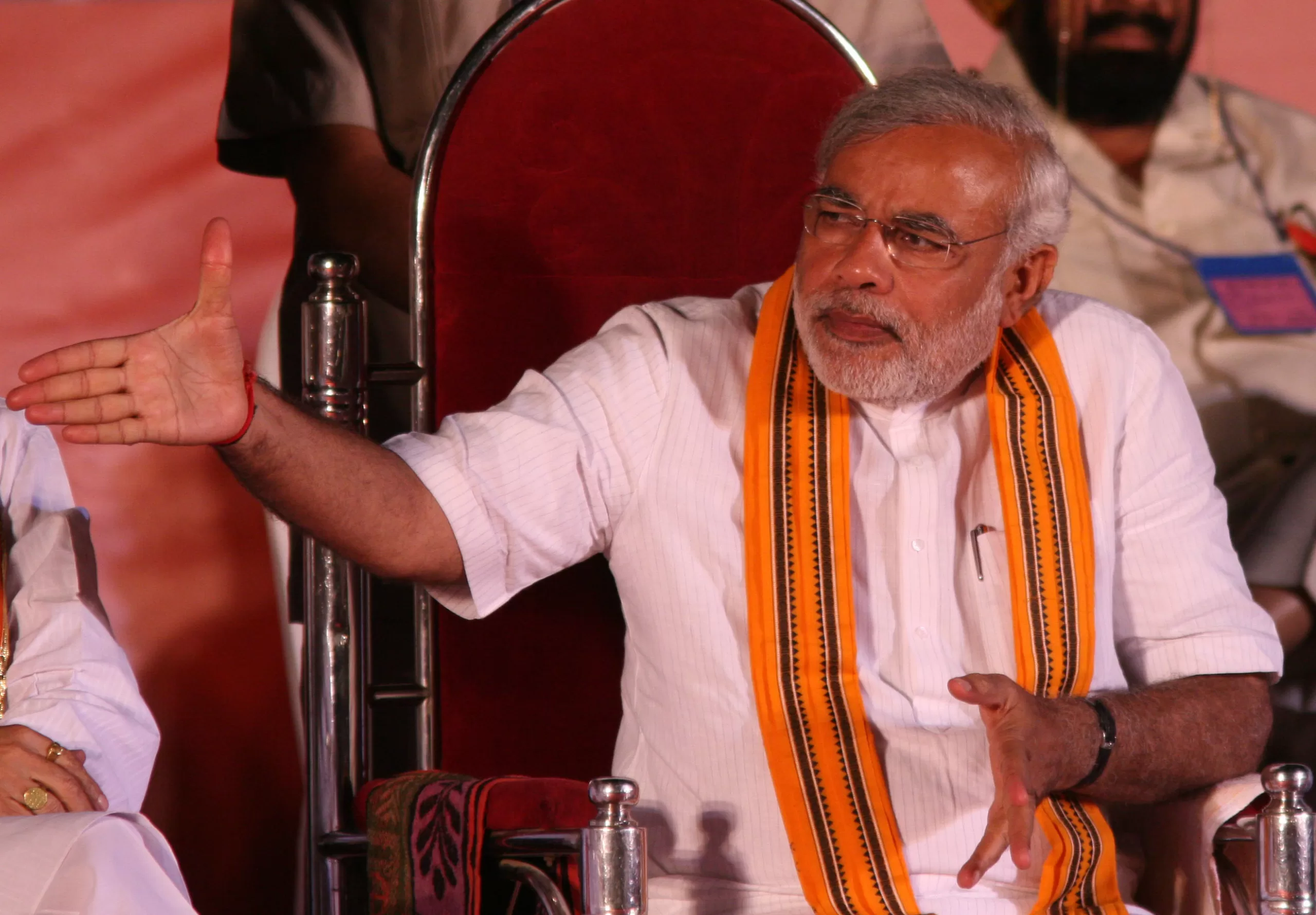Media strikes over Silvio Berlusconi’s ‘gag law’ — Italian journalists fall silent to protest PM’s wiretap bill. Benedetta Brevini reports

It’s a first, an official day of media silence in Italy. Just a taste of what could become a permanent silence, if the prime minister’s “gag law” is not stopped in time. Italian newsstands are empty today because reporters and editors on all major newspapers began a 24-hour strike yesterday and radio, TV and internet journalists are due to join the protest today. The media are protesting against a law that will seriously compromise freedom of speech in Italy. Even in a polarised country like Silvio Berlusconi’s Italy, this strike is extraordinary, and not just for its scale. It represents the final act of months of campaigns, debates and appeals. Opposition to the legislation has united journalists, magistrates, policemen, publishers and civil society organisations for the first time.
The measures, passed by the senate in June, will limit journalists’ freedom to investigate, but will also restrict magistrates’ criminal probes. The bill restricts police use of wiretaps in a move Berlusconi has cast as protecting citizen’s privacy. Critics point out it would also protect Italy’s scandal prone prime minister. The proposed curb on the use of wiretaps during investigations will limit the number of days police are allowed to intercept communications. Under the current system, 18-month warrants are the norm, but the new measures will allowing monitoring for only 75 days.
The new law would curb the use of wiretaps during investigations, under the current system, 18-month warrants are the norm, but the new measures will limit the number of days’ worth of communication interceptions to 75 days. All these measures have been heavily criticised by the police and legal authorities. Wiretaps have traditionally played a crucial role in Italian criminal investigations and have led to the arrest of high profile mafia bosses. On a visit to Rome in June, the US Assistant Attorney General Lanny Breuer expressed concerns over the bill. He explained that “from a prosecutor’s point of view, you don’t want anything to occur that prevents the Italians from doing as good a job (in fighting organised crime) as they have in the past”.
The law will also undoubtedly curtail freedom of expression, a right that in Italy is protected by article 21 of the constitution. Journalists would risk jail and publishers could be fined up to €450,00 for reporting the contents of wiretaps before a defendant is sent to trial. Italy has one of the slowest justice systems in the world and this could mean that Italian citizens would only learn about cases of public interest after a four-or-five-year delay, if ever.
Fortunately, the mounting dissent has gone beyond Italian borders. Last month, the Organisation for Security and Co-operation in Europe (OCSE) representative on freedom of the media Dunja Mijatovic condemned the bill, explaining that “the draft law” “contradicts OSCE commitments, as it prohibits the use of some confidential sources and materials which may be necessary for meaningful investigative journalism”. Calls for intervention by the European Union have also not gone unheard. On 14 June, a group of members of the European Parliament, captained by Jean Marie Cavada, urged member states “to monitor and ensure full compliance with the principle of media independence by fully enforcing article 11 of the European Charter of Fundamental Rights” and “to prevent undue interference in the work of journalists and media”. This is a plea that obviously refers to the Italian situation. And, in June, the European commissioner Viviane Reding assured opponents that once the law is adopted, the EU “will closely review the text” of the law and “will check it against the principle of press and information freedom, always defended by the European Commission”. In spite of the intense opposition to the bill, the legislative process runs on unaffected and the discussion will resume in the Chamber of Deputies on 29 July.
Today’s strike is the media’s last ditch attempt to stop the measures and to raise awareness among Italian citizens. In a country where readership of newspapers is among the lowest of Europe and where television is directly or indirectly controlled by the prime minister, is not always easy to get the message through. Yet the daily newspaper La Repubblica expressed its hope that “the media blackout will speak to the public and the citizens will finally know that there is a problem they should be concerned with.” Let’s just hope that the media silence isn’t permanent.
Benedetta Brevini is a journalist and researcher in European media policy and politics at the University of Westminster, London. She has worked as a journalist in Milan, New York and London.




